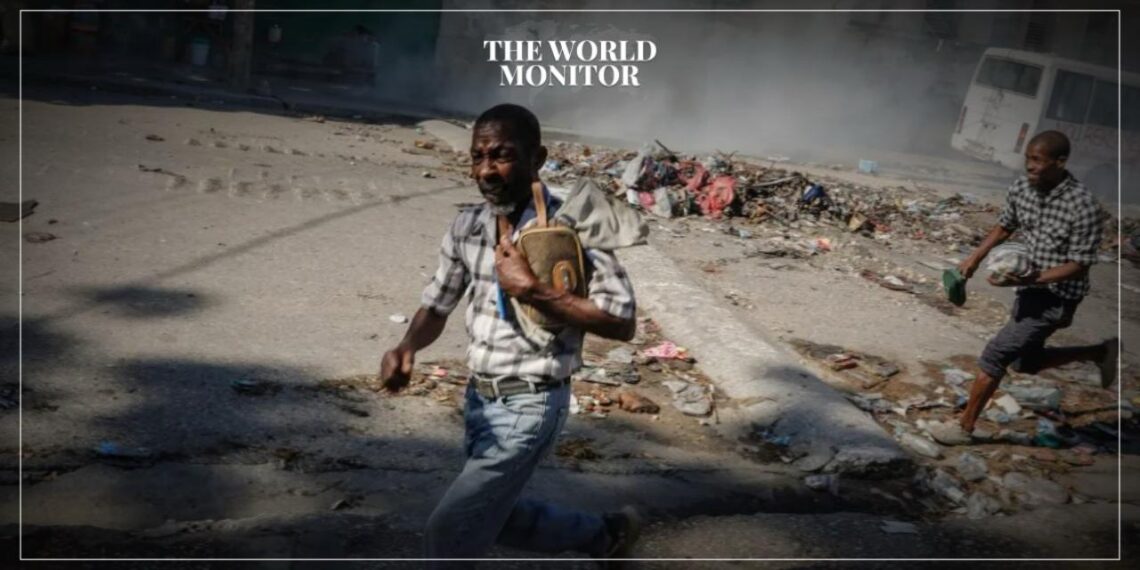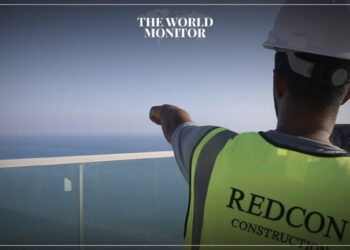The International Organization for Migration reports that over 53,000 people have fled from Port-au-Prince, the capital of Haiti, between March 8th and 27th, escaping the gang violence plaguing the city.
According to France 24 news channel, the organization stated that “the attacks and prevailing insecurity have compelled more individuals to leave the capital seeking refuge in the provinces, risking their lives on routes controlled by gangs.”
United Nations (UN) Secretary-General’s spokesperson, Stéphane Dujarric, had earlier warned that the ongoing insecurity in Haiti has exacerbated the already dire humanitarian situation in the country.
“Our humanitarian colleagues emphasised that these departments do not have sufficient infrastructure, and host communities do not have sufficient resources, to cope with the large number of people fleeing Port-au-Prince,” said Dujarric.
Armed individuals have set fire to police stations, attacked the primary international airport leading to its closure, and raided Haiti’s two largest prisons, resulting in the escape of over 4,000 prisoners.
As of March 22nd, reports indicate that more than 1,500 people have been killed and an additional 17,000 are displaced, the UN reports.
Among the few attempting to travel northward from the capital instead of south were Marjorie Michelle-Jean, a 42-year-old street vendor, and her two young children, ages four and seven.
Michelle-Jean expressed a desire to keep her children safe, noting that their home frequently gets hit by stray bullets.
Despite facing roadblocks that forced them to return on two attempts to reach her native Mirebalais in central Haiti, she remains determined to try again, citing the lack of safety in Port-au-Prince.
A report published today by the UN Human Rights Office has sounded the alarm on the urgent need for immediate and bold action to address the “cataclysmic” situation unfolding in Haiti.
The report highlights how corruption, impunity, and poor governance, compounded by escalating levels of gang violence, have pushed state institutions in Haiti to the brink of collapse. The dire impact of widespread insecurity on the population has left them severely deprived of their basic human rights.






